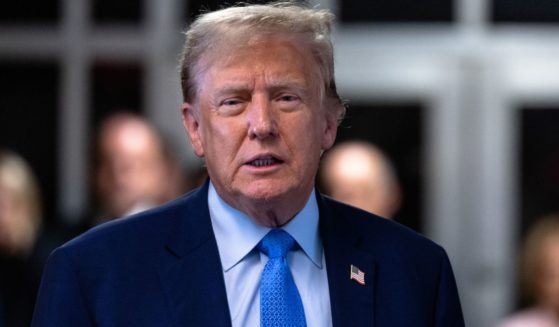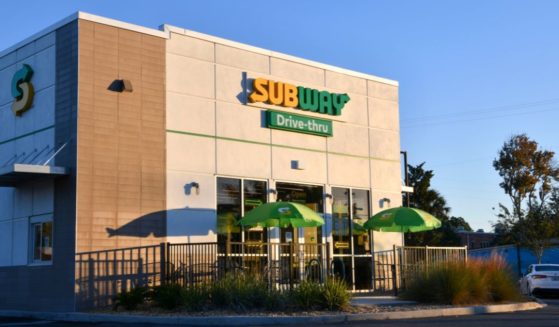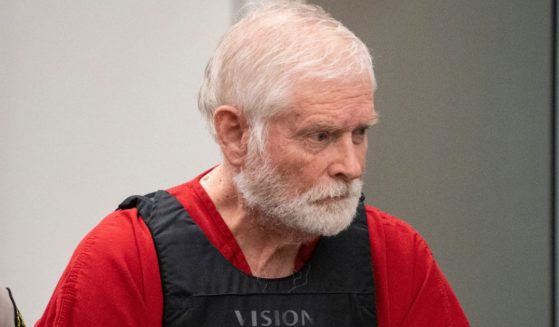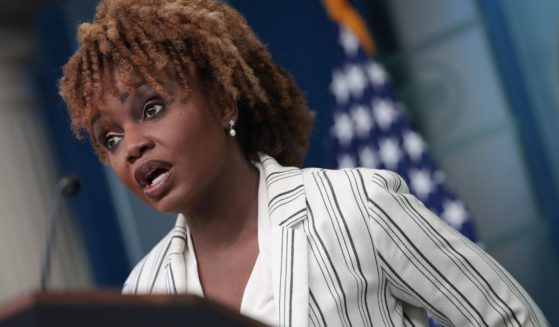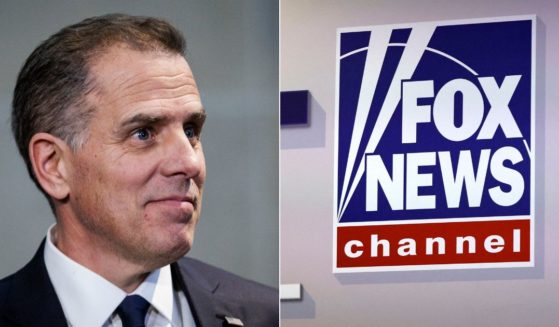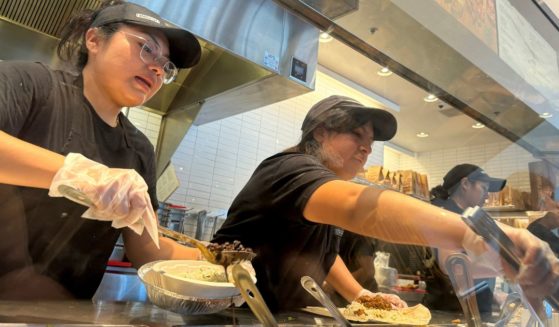Nissan odd man out in partner Renault's FCA merger decision
TOKYO (AP) — Some Japanese are using an old expression to describe how Nissan was left out of talks that led to the proposed merger between its French alliance partner Renault and Fiat Chrysler Automobiles: “kaya no soto.”
That translates to “outside the mosquito net,” or the unlucky person outside the net, getting bitten while others are safe inside. In other words, the odd man out.
Nissan Motor Co. wasn’t consulted in advance about the proposed merger announced last week, which would create the world’s third-biggest automaker, trailing only Volkswagen AG and Toyota Motor Corp.
In a statement Tuesday, Nissan CEO Hiroto Saikawa raised doubts about his company’s continued participation in a longtime alliance with Renault if the merger goes through. A deal merger would “significantly alter” the alliance structure, he said.
“This would require a fundamental review of the existing relationship between Nissan and Renault,” Saikawa wrote. “From the standpoint of protecting Nissan’s interests, Nissan will analyze and consider its existing contractual relationships and how we should operate business in the future.”
Renault’s board met Tuesday and delayed a decision on whether to launch merger talks with FCA. The board will convene again Wednesday to study the proposal. Even if it greenlights merger talks, the process of consultations with unions, the French government, antitrust regulators and others is likely take about a year.
In any case, Nissan doesn’t appear to have much say. The Yokohama-based automaker is 43% owned by Renault and holds 15% of its French partner.
Nissan’s position has weakened since the November arrest of its former chairman, Carlos Ghosn, for alleged financial misconduct. The star executive was credited with leading Renault’s rescue of Nissan from near bankruptcy 20 years ago.
In recent years, until 2018, Nissan had been more profitable than Renault, with a solid reputation for quality and innovation and strong model lineup that includes the March subcompact, Leaf electric car and Infiniti luxury models.
Partnering with what could be a behemoth Renault-Fiat Chrysler would bring merits of scale, the savings that come from sharing platforms, components and research costs at a time when all the world’s automakers are rushing to develop energy-efficient and autonomous-driving technology.
Saikawa acknowledged potential benefits in his statement, saying that the addition of FCA would expand opportunities for collaboration and further synergies.
But analysts warn such size would pose major coordination and decision-making headaches. Nissan might also simply be dwarfed by its alliance partners.
“There is risk that Nissan will not be able to maintain its independence, its own brand power,” said Tatsuo Yoshida, senior analyst at Sawakami Asset Management in Tokyo. “It’s like the saying: Too many cooks spoil the broth.”
Reflecting widespread opinion, Yoshida said Nissan can’t afford to break with Renault: After two decades together, the automakers — and smaller alliance partner Mitsubishi Motors Corp. — share too many operations and products. Breaking free would take at least several years, spanning the product cycle of a vehicle, the time it takes from the design stage to the next model change.
“They’re already at the point of no return, like a couple that simply cannot get a divorce this late in the game,” he added.
In the intensely competitive auto world, going it alone would be perilous for Nissan, or any automaker, though there are a few exceptions, such as Japanese rival Honda Motor Co.
Despite longtime speculation about a full merger with Renault, Nissan has resisted. Should Renault merge with FCA, which combined the American and Italian automakers, the partnership will become even more unbalanced.
In theory, Nissan models and Chrysler models don’t overlap in the U.S. market, so there might be ways they could complement each other. But it’s unclear whether the companies will want such a partnership.
In the meantime, Nissan is grappling with problems of its own.
Ghosn’s arrest has tarnished Nissan’s reputation and left it with something of a leadership vacuum, given his vast influence over the company before prosecutors arrested him on charges of under-reporting compensation and breach of trust.
Ghosn insists he is innocent but his trial has yet to start and is likely to take months. Saikawa has vowed to beef up the company’s corporate governance.
Nissan’s profit for the fiscal year that ended in March tumbled to 319.1 billion yen ($2.9 billion), down from 746.9 billion yen the year before, its worst showing since the global financial crisis a decade ago. In this fiscal year it’s expected to drop to 170 billion yen, due to restructuring, rising material costs and other expenses. Analysts say Nissan’s North American operations, potentially a lucrative region for global automakers, especially need a fix.
In the unpredictable world of auto alliances, anything’s possible.
It’s conceivable that Saikawa is secretly courting another automaker and could make a surprise announcement, according to Satoru Takada, analyst at Tokyo-based consultancy TIW.
But the consensus opinion, for now, is that Nissan’s options are limited.
It can politely put forward its views as the talks progress and hope to jockey for a better position in the group, Takada added.
There’s a risk, though, that Nissan’s partners might take advantage of its weaker position to extract one-sided gains from its manufacturing and technological prowess, he said.
“Renault sure did a number on Nissan,” said Takada. “Nissan has to work hard to retain its say and its freedom.”
___
Auto Writer Tom Krisher in Detroit contributed to this report.
Follow Yuri Kageyama on Twitter https://twitter.com/yurikageyama
On Instagram https://www.instagram.com/yurikageyama/?hl=en
The Western Journal has not reviewed this Associated Press story prior to publication. Therefore, it may contain editorial bias or may in some other way not meet our normal editorial standards. It is provided to our readers as a service from The Western Journal.
Truth and Accuracy
We are committed to truth and accuracy in all of our journalism. Read our editorial standards.

